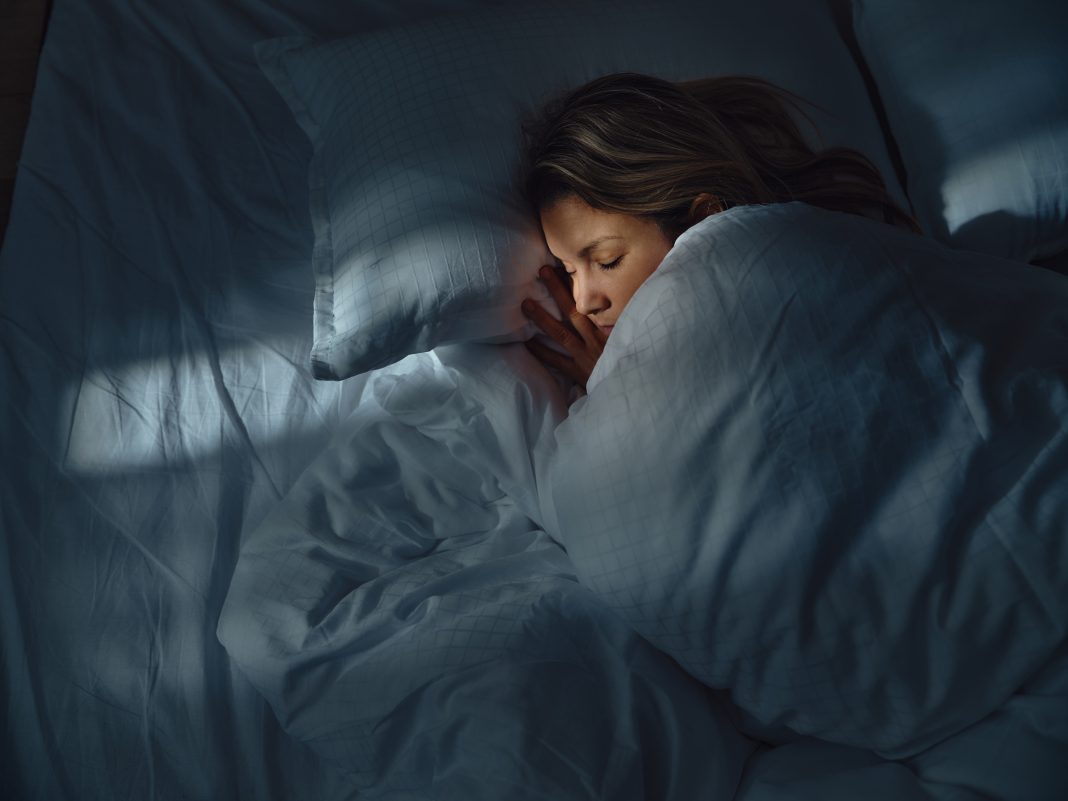The benefits of a good night’s sleep on mental health is well-known, but now researchers have discovered it has an impact on response to vaccination too
A meta-analysis published in the journal Current Biology found that having a good night’s sleep is not just beneficial for our mental health and physical performance, but it also helps our immune systems respond to vaccination.
To illustrate, individuals who sleep less than six hours per night produce significantly fewer antibodies than people who sleep seven hours or more. Precisely, the deficit was equivalent to two months of antibody waning.
“Good sleep not only amplifies but may also extend the duration of protection of the vaccine,” says senior author Eve Van Cauter, professor emeritus at the University of Chicago.
Comparing normal to short sleepers
At the height of the pandemic, mass vaccination became an international priority so Spiegel and Van Cauter set out to summarise the current knowledge on the effect of sleep duration on vaccine response.
Researchers combed the literature and then combined and re-analysed the results of seven studies that vaccinated for viral infections (influenza and hepatitis A and B).
The team compared the antibody response for individuals who slept a “normal” amount (7–9 hours, as per the National Sleep Foundation’s recommendation for healthy adults) with “short sleepers” who slept less than 6 hours per night. They also compared the effect for men versus women and adults over the age of 65 years versus younger adults.
The evidence strongly suggests that sleeping less than 6 hours per night reduces the immune response to vaccination.
However, when they analysed men and women separately, the result was only significant in men. In women, the effect of a good night’s sleep on antibody production was much more variable in women. The authors believe the difference is probably due to fluctuating sex hormone levels in women.
‘Sex hormones influence the immune system’
“We know from immunology studies that sex hormones influence the immune system,” adds Spiegel. “In women, immunity is influenced by the state of the menstrual cycle, the use of contraceptives, and by menopause and post-menopausal status, but unfortunately, none of the studies that we summarized had any data about sex hormone levels.”
Age is another factor which influences antibody levels
The negative effect of insufficient sleep on antibody levels was also greater for adults aged 18–60 compared with people over the age of 65. This can be explained by the fact that older adults tend to sleep less in general. To demonstrate, going from seven hours of sleep per night to less than six hours is not as big of a change as going from eight to less than six per night.
The studies measured sleep duration differently. Some measured it directly, either via motion-detecting wristwatches or in a sleep lab. Meanwhile, others relied on self-reported sleep duration.
In both scenarios, short sleep duration was associated with lower levels of antibodies. However, the effect was stronger for the studies that used objective measures of sleep, but this is likely because people are notoriously bad at estimating the amount of sleep they have had.
Understanding differences in sex
Knowing that sleep duration impacts vaccination might help people control their immunity, the authors say.
“When you see the variability in the protection provided by the COVID-19 vaccines—people who have pre-existing conditions are less protected, men are less protected than women, and obese people are less protected than people who don’t have obesity. Those are all factors that an individual person has no control over, but you can modify your sleep,” Van Cauter concludes.
However, there is still much to learn. “We need to understand the sex differences, which days around the time of vaccination are most important, and exactly how much sleep is needed so that we can give guidance to people,” Spiegel explains. “We are going to be vaccinating millions and millions of people in the next few years, and this is an aspect that can help maximize protection.”











